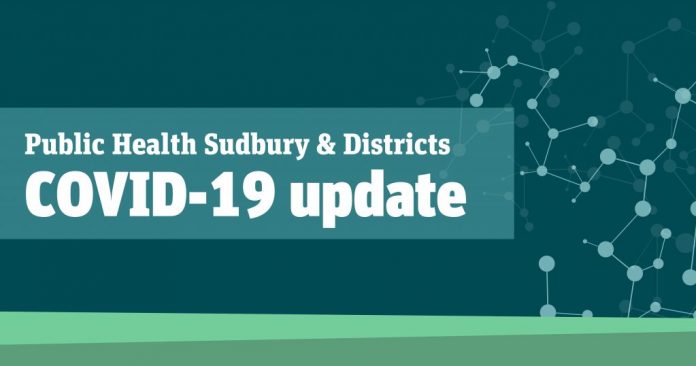MANITOULIN – A local ‘techie’ whose informal business involves assisting Island businesses with setting up servers and networks found an ad hoc method of ramping up his (and his neighbours’) internet speeds to something closer to that which other, more urban, residents enjoy—but the experience of trying to help someone less fortunate deal with impossibly slow connection speeds left him outraged. So much so that he has helped initiate a petition calling for more equitable access to the information highway.
“I don’t want to be labelled as some kind of a troublemaker,” he said, requesting anonymity. “But something has to be done.”
The elderly woman he went to assist recently is paying $98 a month and receiving barely three megabytes of service, he explained. “She is paying for 20-megabyte service,” he added. “But she can’t even run something like Skype (a popular voice and video connection app). It was incredibly frustrating.”
Although his own rural connections are not quite as bad as what he encountered at his friend’s home, the techie found a workaround solution to his (and two of his nearby neighbours’) slow connection speeds. By using a special router and packets, he combined the three 20 mb connections into a shared 60 mb connection. “Now we all have 60 mb,” he asserted. “Why couldn’t they (the internet service provider [ISP]) put in an exchange in places like Tehkummah? Tehkummah currently feeds into Mindemoya.”
Capacity on what was once called the information superhighway has not caught up with the increased demand for video conferencing or movie and television program downloads in the modern age, let alone the massively increased demand generated by a global population forced to be homebound by the pandemic.
“The demand 20 or even 10 years ago is nothing like it is today—capacity has not caught up,” he said, going on to allege that “the providers could roll out better service in three days.” That is if they were to throw their considerable resources into the fray.
Large ISP operators currently have little to no incentive to improve connection speeds in low-density rural regions, he said. “They don’t put any new investments into improving their infrastructure and are laughing all the way to the bank.”
He points out that no government currently mandates a minimum level of service. “The government says ‘is it better than dial-up?’ and they say that it high speed. It is not high speed. These ISPs are getting away with it.”
“COVID-19 restrictions have pushed many of us to working and learning from home; most are online from morning to late evening and often using more than one internet aware device. Smart TV use is also on the rise; add Netflix and 4K streaming, online gaming, the demand is only going to increase,” he notes. “These new realities are pushing existing capacity and internet infrastructures in Central Manitoulin in particular to extremes.”
With digital subscriber line (DSL), users get a high-speed bandwidth connection from a phone wall jack on an already existing telephone network. DSL works within the frequencies that the telephone doesn’t so you can use the internet while making phone calls.
“Central Manitoulin relies on DSL service and from singular providers,” he explains. “Speeds are faster than dial-up, however, internet speed is not always consistent when using DSL; your distance to the provider determines the strength of the connection. Also, DSL upload and download speeds vary, so your neighbour down the street might have much higher speeds than you, even though you both pay the same price. The further you are from town central, the lower your speed gets, but not your bill.”
He explains that Little Current upgraded to cable and speeds there are now up to 60mb, but Central Manitoulin still relies on copper phone lines from the ‘80s with the result that speeds peak at 18mb, and only if you live in town. “Surrounding areas with greater distances from the central switch get more line noise and average speeds between three and five mb. The bills, however, do not match the delivery.”
“This is a petition to the internet service providers to expedite a public plan of action,” he said. “This plan should address future expansion plans and infrastructure needs of businesses and residents of the area. Additionally, we are recommending speed-based fair billing to ‘far’ customers who pay full price for a minimum level of service.”
“I have posted a petition on Change.org regarding internet speeds and fair billing on Manitoulin Island,” he said. The petition can be found at www.change.org/ManitoulinInternet.
On a related note, the non-governmental agency Blue Sky Net is currently urging internet subscribers to go to www.ic.gc.ca/eic/site/139.nsf/eng/home to test and record the speeds they are experiencing in their connection. Results of these tests go directly to the government department of Industry Canada where speed test data is analyzed for use with funding programs.
For more information on the petition, please see the ad on Page 8.




